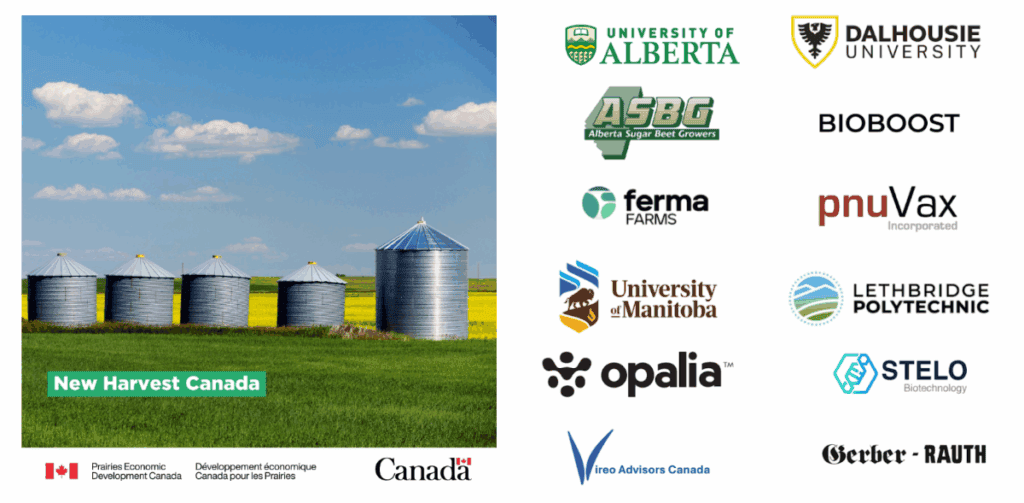New Harvest Canada has secured a $500,000 investment from Alberta Innovates to support its Cellular Agriculture Prairie Ecosystem (CAPE) Project. This funding will contribute to the $2.4 million, three-year program focused on developing food biomanufacturing technologies in Alberta. CAPE aims to leverage the region’s agricultural resources to create high-value opportunities in the field of cellular agriculture.
“Alberta holds all the cards to become a global powerhouse in food biomanufacturing”
The initiative is designed to explore how traditional agricultural byproducts can be used in cellular agriculture processes, potentially advancing regional food sovereignty and sustainability. By focusing on the application of cellular agriculture, the program also seeks to drive economic development across the Prairies.
Mark Summers, Vice President of Agriculture & Environment at Alberta Innovates, noted, “Cellular agriculture presents a transformative opportunity for sustainable food production, addressing the global demand for protein. New Harvest’s work to create a cellular food institute, along with Alberta’s expertise in agriculture, will help put Alberta on the map in this emerging technology.”

The investment from Alberta Innovates follows a previous funding commitment of CAD 1 million from the Government of Canada through Prairies Economic Development Canada (PrairiesCan). Combined with regional contributions, the total investment in the CAPE project reaches approximately CAD 2.4 million.
Strengthening regional expertise
CAPE is a multi-stakeholder effort that focuses on commercialization, talent development, and applied research. It includes initiatives such as a fellowship program, an open-access research database, and plans to establish a regional research institute.
Yadira Tejeda Saldana, Director of Responsible Research & Innovation at New Harvest Canada, stated, “Alberta holds all the cards to become a global powerhouse in food biomanufacturing. The initiative builds on existing capacity, prior investments and strong connections with the agricultural sector, aligning with Alberta’s priorities in innovation, agri-food value creation, and the province’s bioeconomy.”









